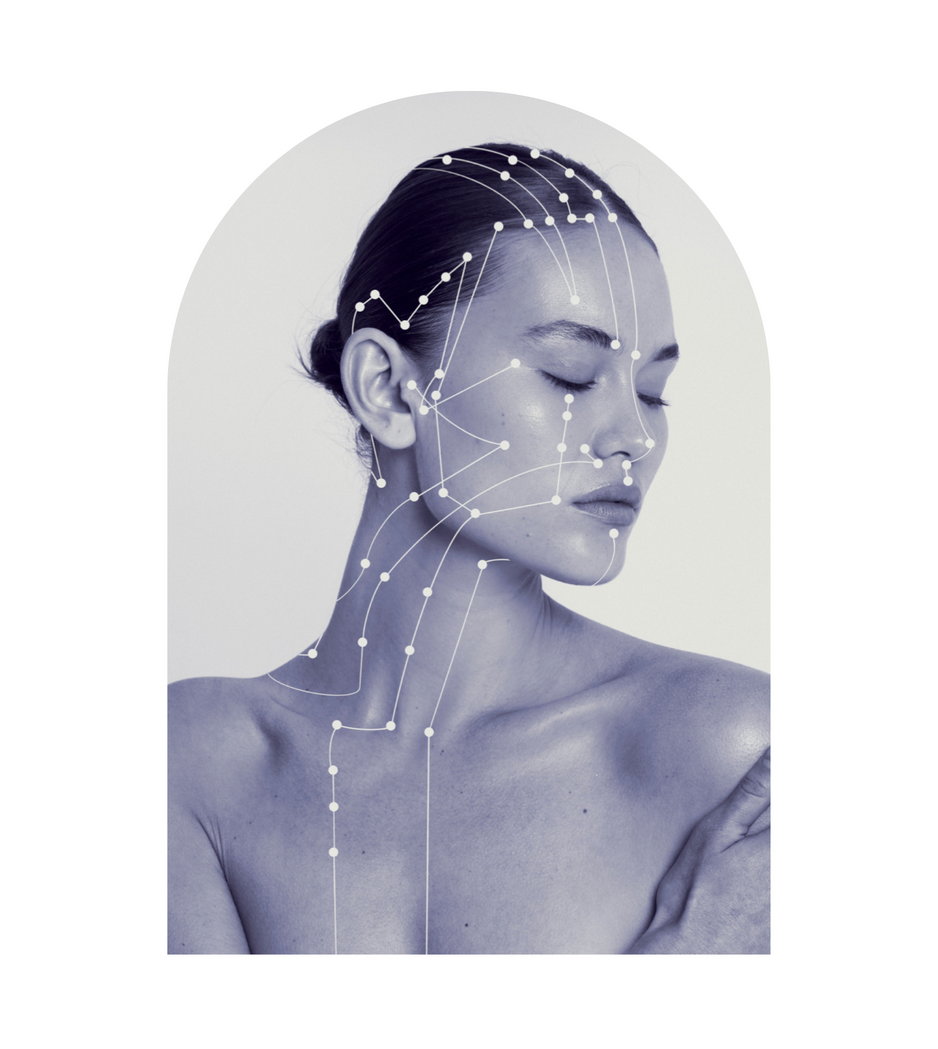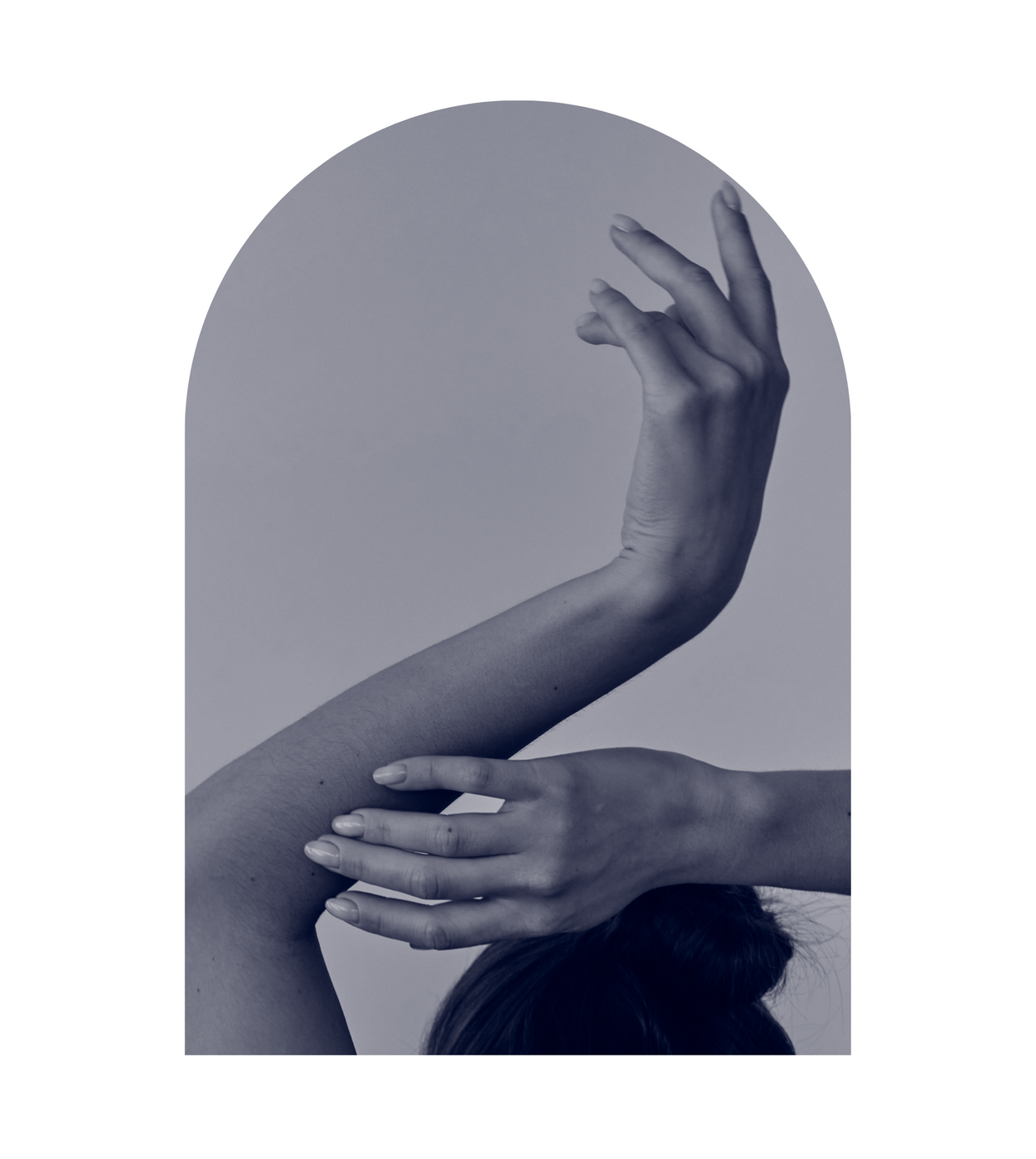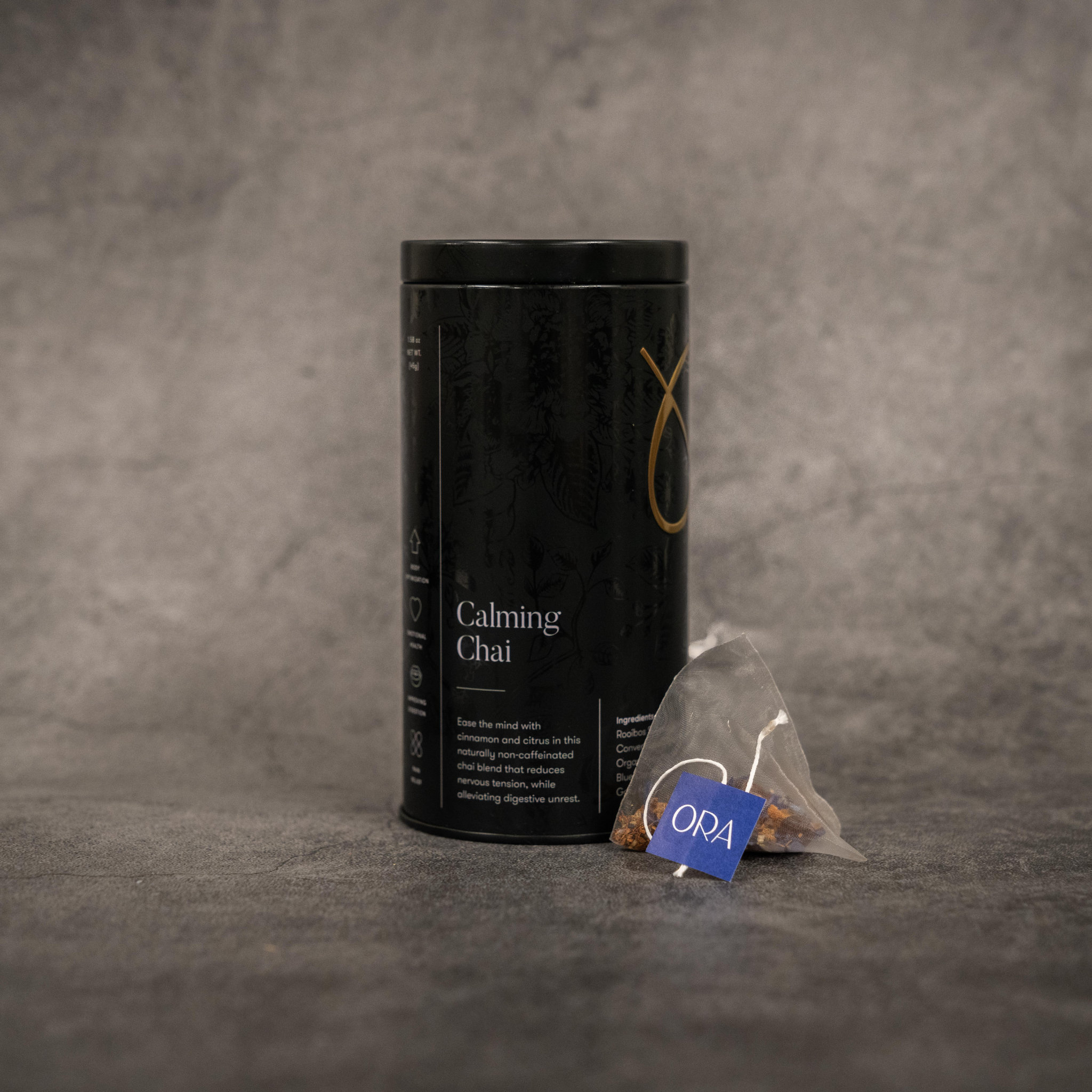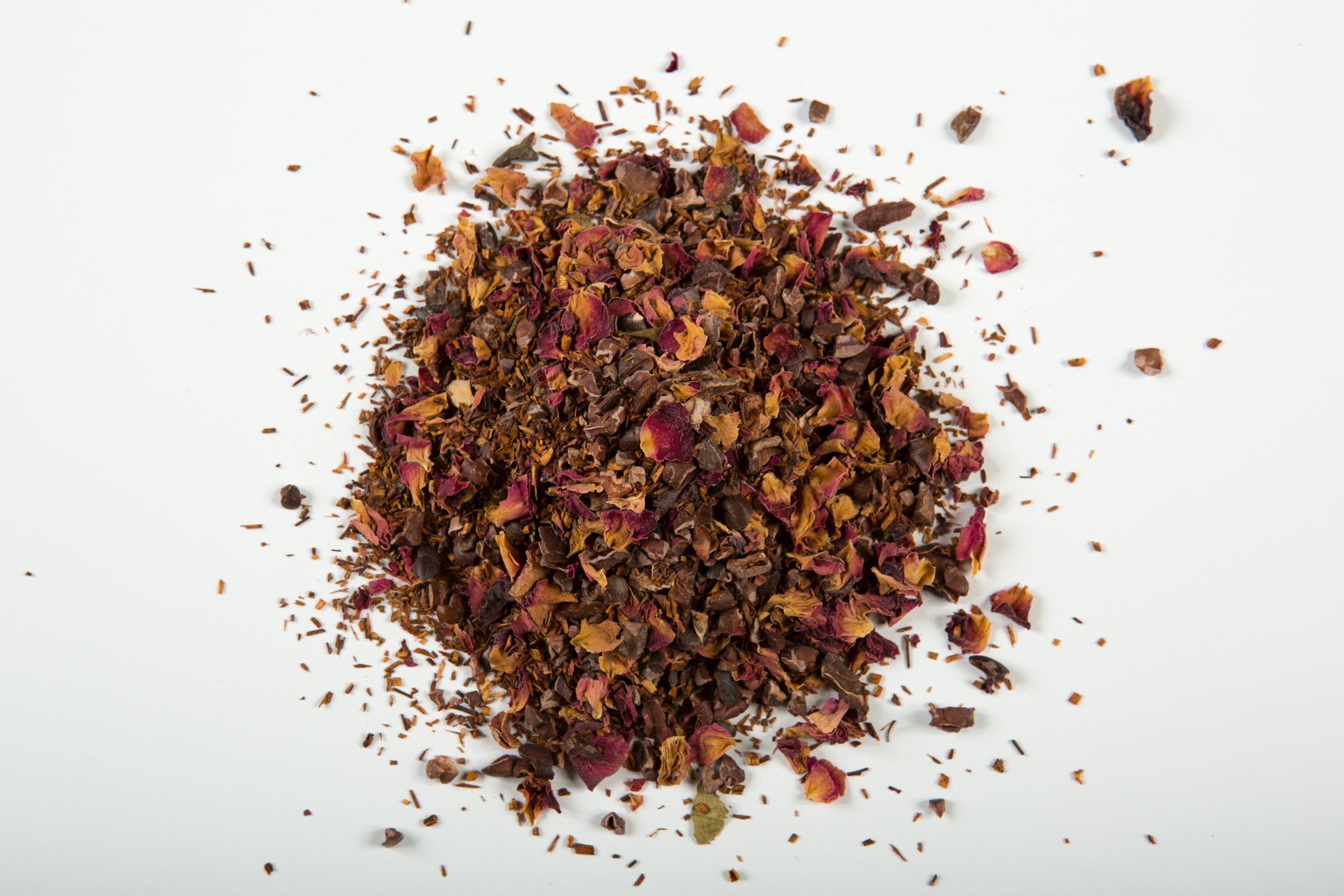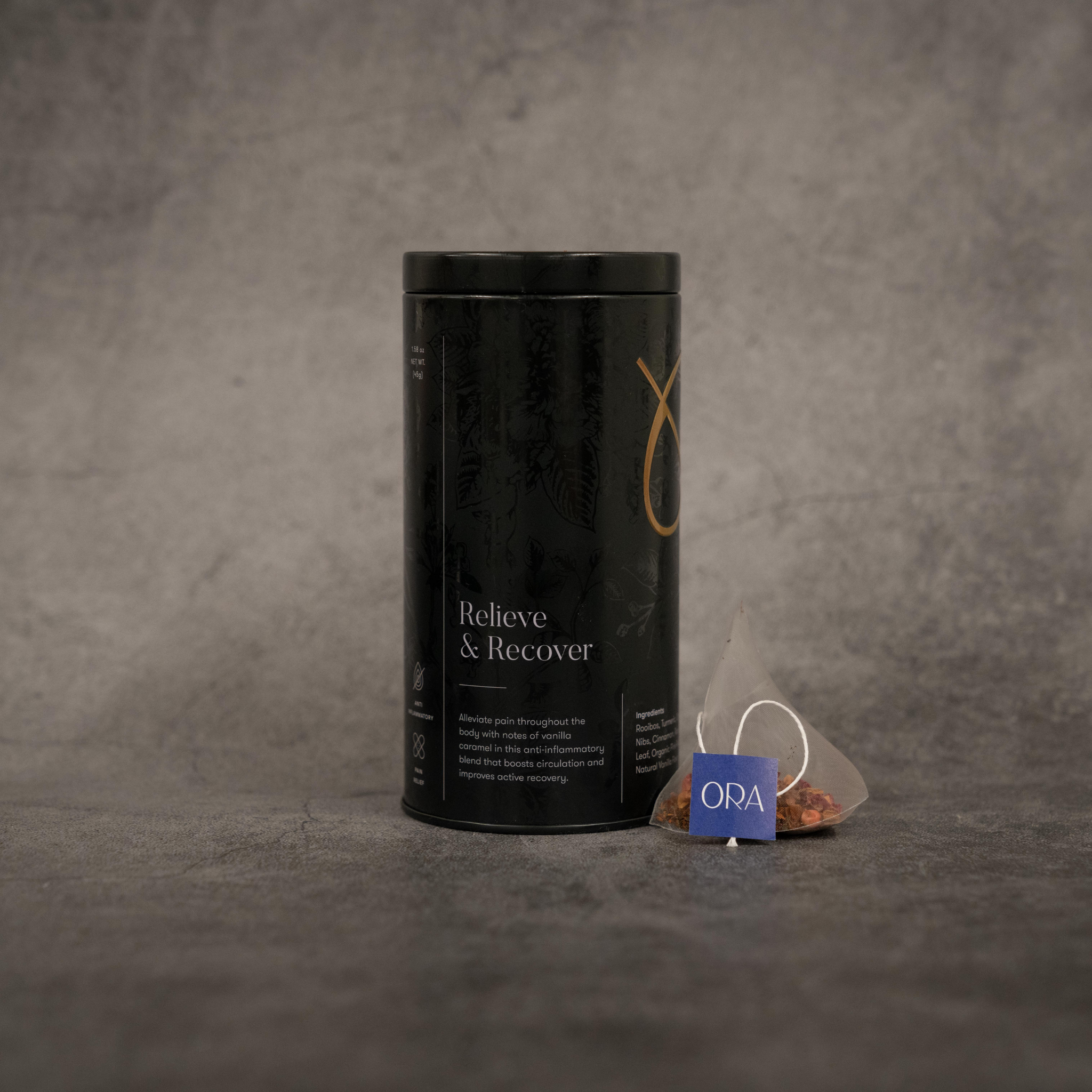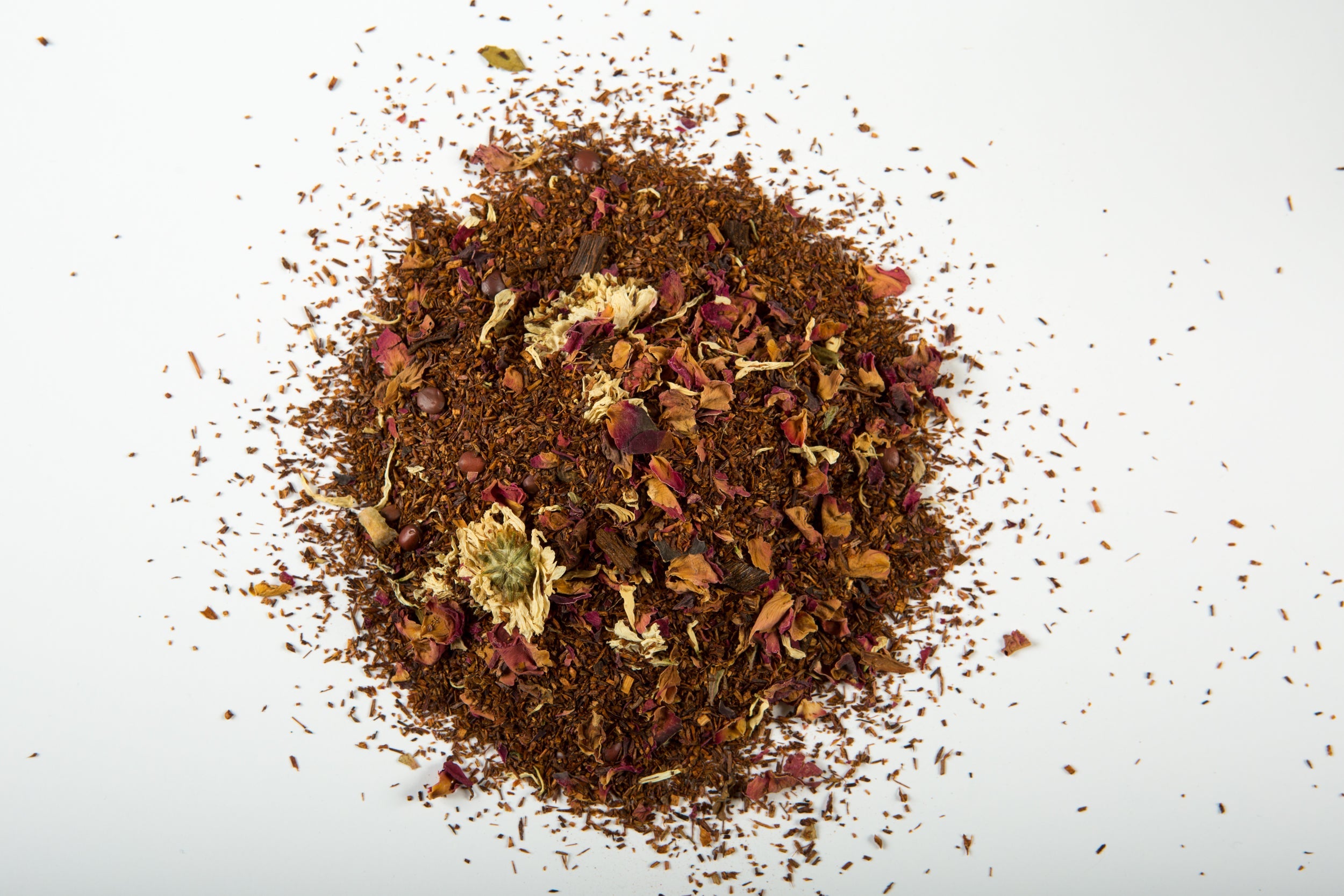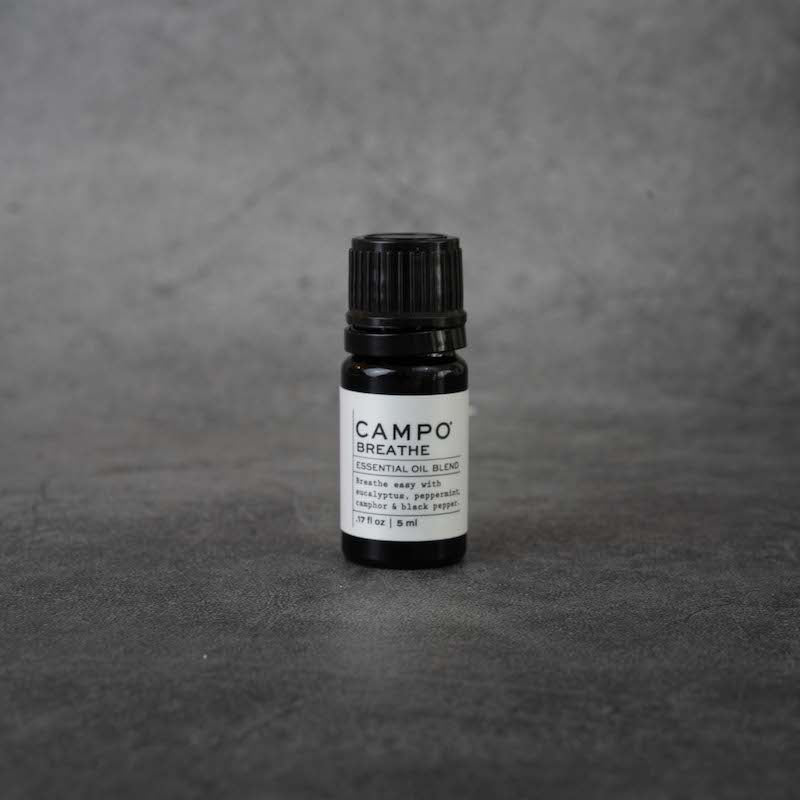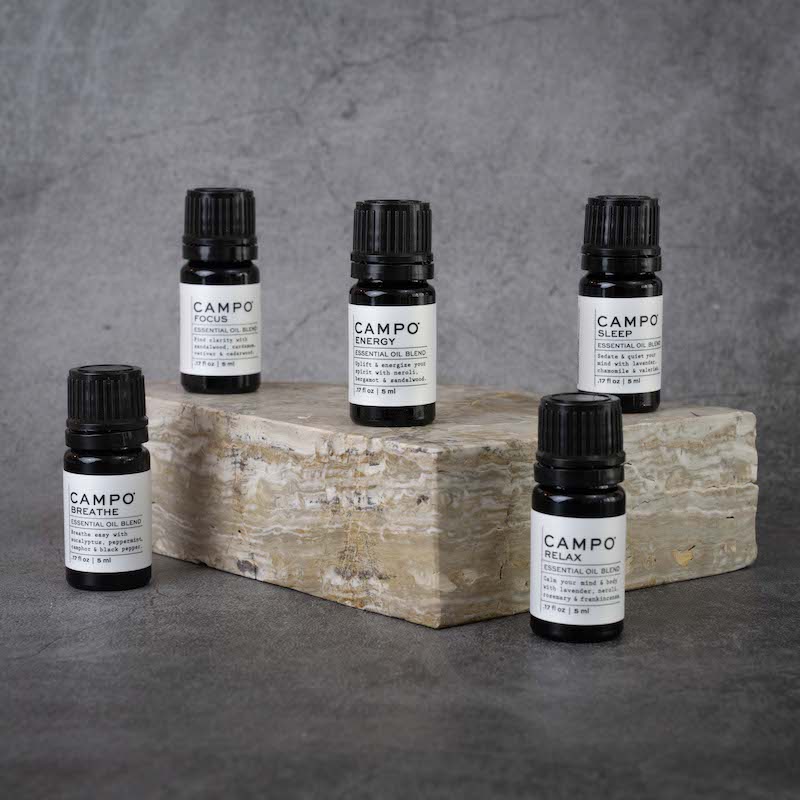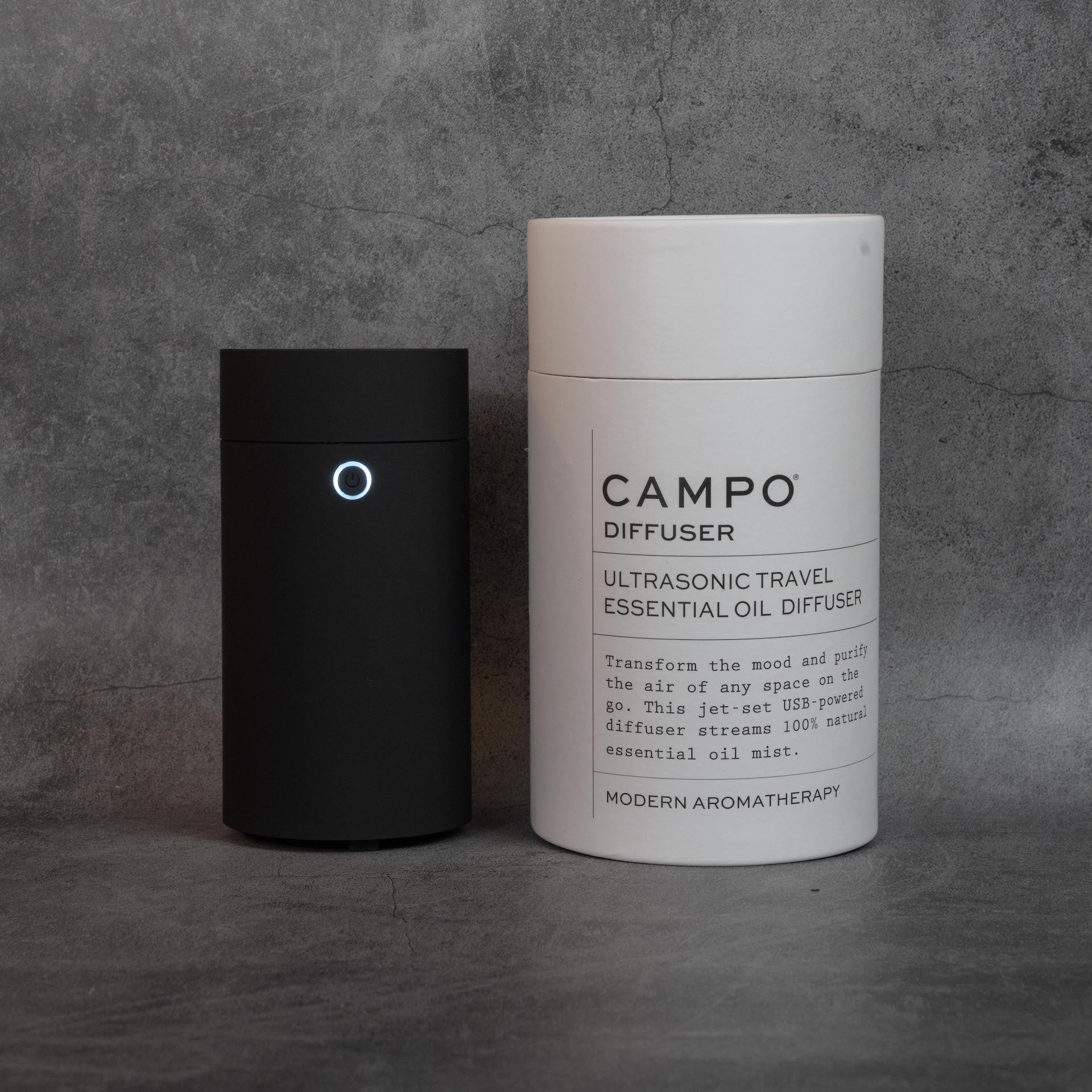Acupuncture and Chinese Medicine focus on bringing balance between the yin and yang. When our bodies are in balance, our immune systems can fend off illness. So how do we achieve that balance?
Our ordinary routines can help us gain balance – through eating well, moving often, and feeling good emotionally. Warm, cooked food is best for the digestive system. Raw, cold foods are hard on the body, as the digestive system must work hard to warm the food until it reaches body temperature. You can think of the digestive system as a pot of food cooking on a fire. The steam coming off it can be thought of as energy, or qi. When we eat raw and cold food, we are basically dousing the fire – thereby slowing down the cooking process, and limiting the steam/energy/qi coming off the food. For this reason, it’s great to eat healthy, cooked, warm foods – soups instead of salads, eggs or oatmeal instead of cereal. Warming foods like ginger, turmeric, garlic, are also great for immunity. While it may be hard, we recommend staying away from processed foods, fried food, and anything too sugary.
There is no direct translation of the biomedicine idea of the immune system in Chinese medicine. However, Wei Qi is Chinese medicine’s name for the protective layer on the skin (and slightly off the skin) that protects us from pathogens. Essentially, it acts as a protective armor, or a safety blanket. This protective qi also warms the body and regulates body temperature. Keeping this Wei Qi strong will keep you safe from external pathogens such as a cold or the flu. One common Chinese herbal formula used to support Wei qi is called Yu Ping Feng San, which translates to Wind Jade Screen pill. This formula must not be taken when sick; rather, it should be used when you are healthy, in order to build your immune system. It can be used by anyone looking to prevent symptoms once the season starts.
One of the best ways to boost your immune system is through a full, individualized acupuncture treatment from a licensed acupuncturist. If you can’t see one in person, however, you can perform acupressure on yourself, pressing firmly on acupuncture points for 5-10 minutes at a time. One great energizing point is the ST36 (Stomach 36). This point is used for anything to do with the digestive system, and is located on the outside of the leg, four fingers beneath the kneecap and one thumb’s width from the shin bone. When performing this acupressure, you might feel a divot that your finger will slide into. Another great point is the LI11 (Large Intestine 11). This point is great for when you’re feeling feverish or have a sore throat. It is located on the end of the crease when you bend your elbow, and if you cross your arms you can press both points bilaterally.
In Chinese medicine, there is no separation between emotional and physical causes of disease. When we are stressed emotionally, it shows up physically. Stress can show up as a tight neck or back, as digestive issues, as insomnia, or as a lowering of immunity. Regular acupuncture treatments are an important part of regulating stress levels, as it allows our bodies the opportunity to relax and heal. In addition, meditation, spending time with community, and doing activities that bring you joy, will all help keep you happy and healthy. Supporting your mental health, then, is every bit as important as supporting your physical health.




